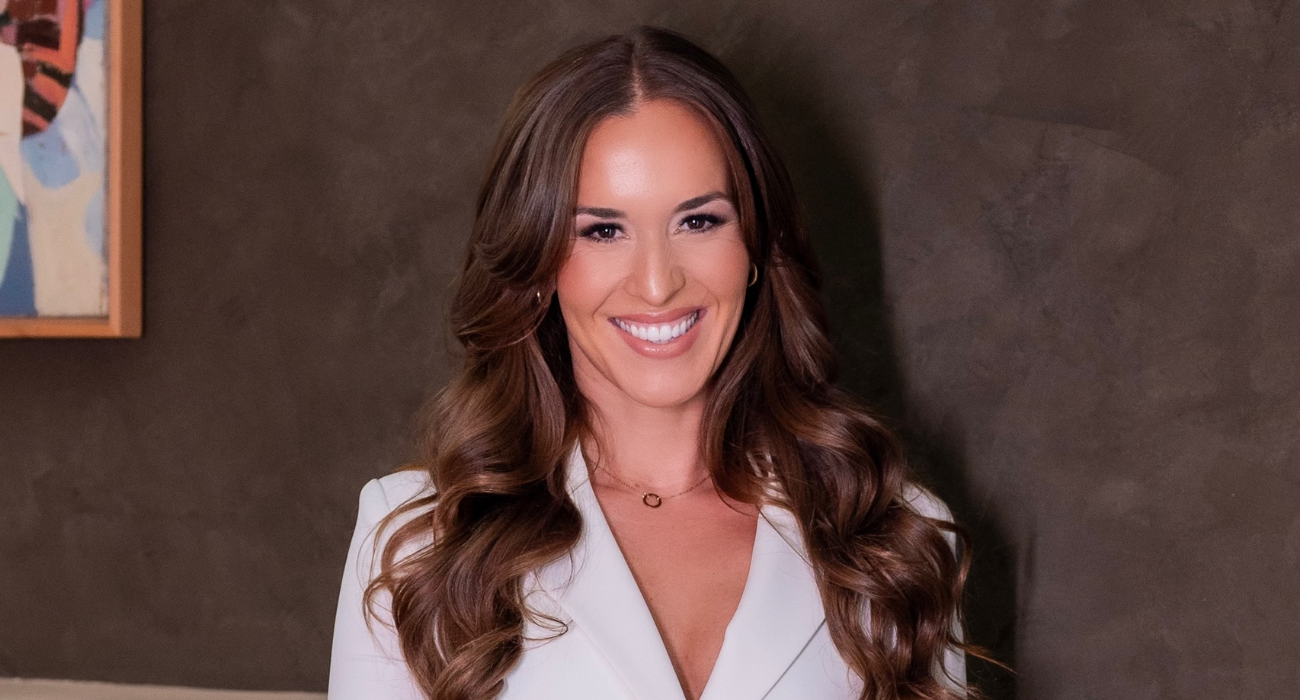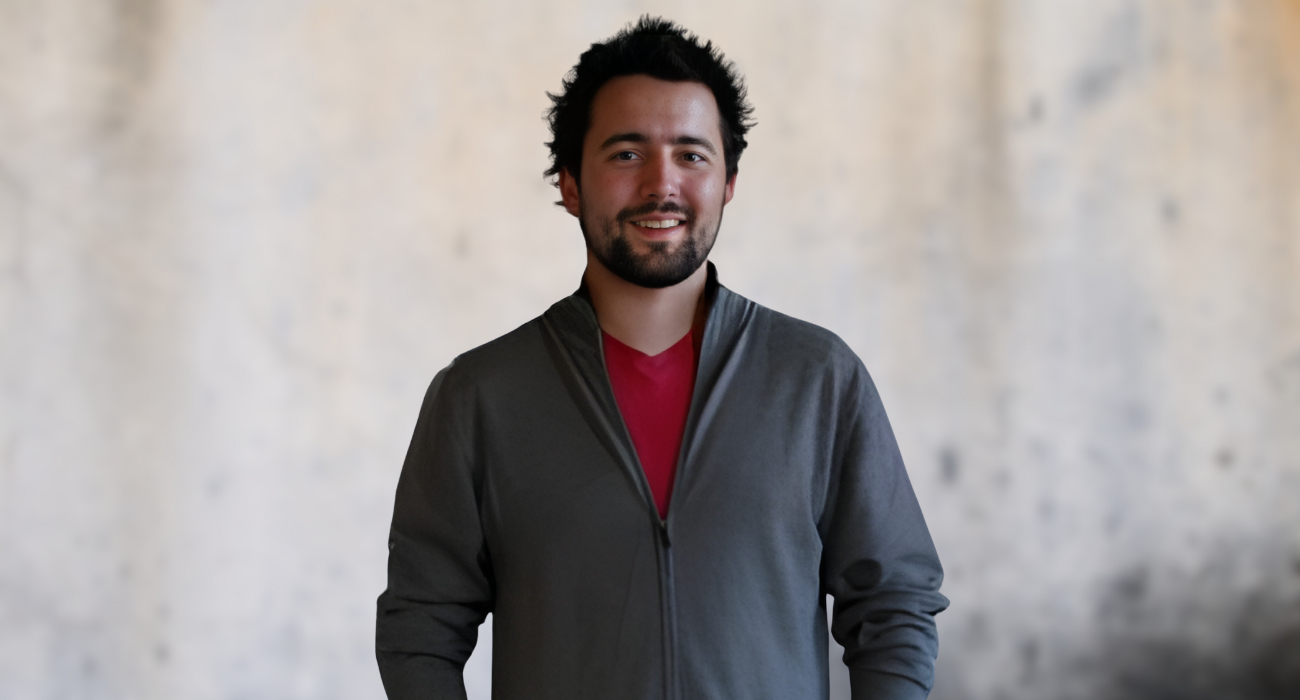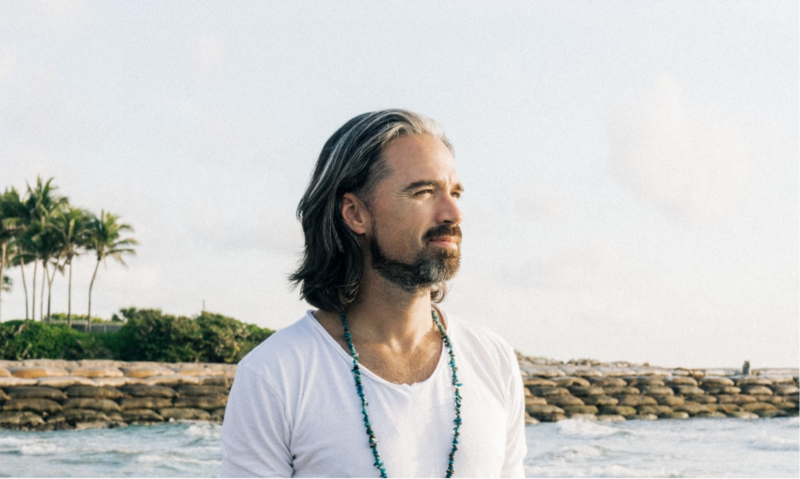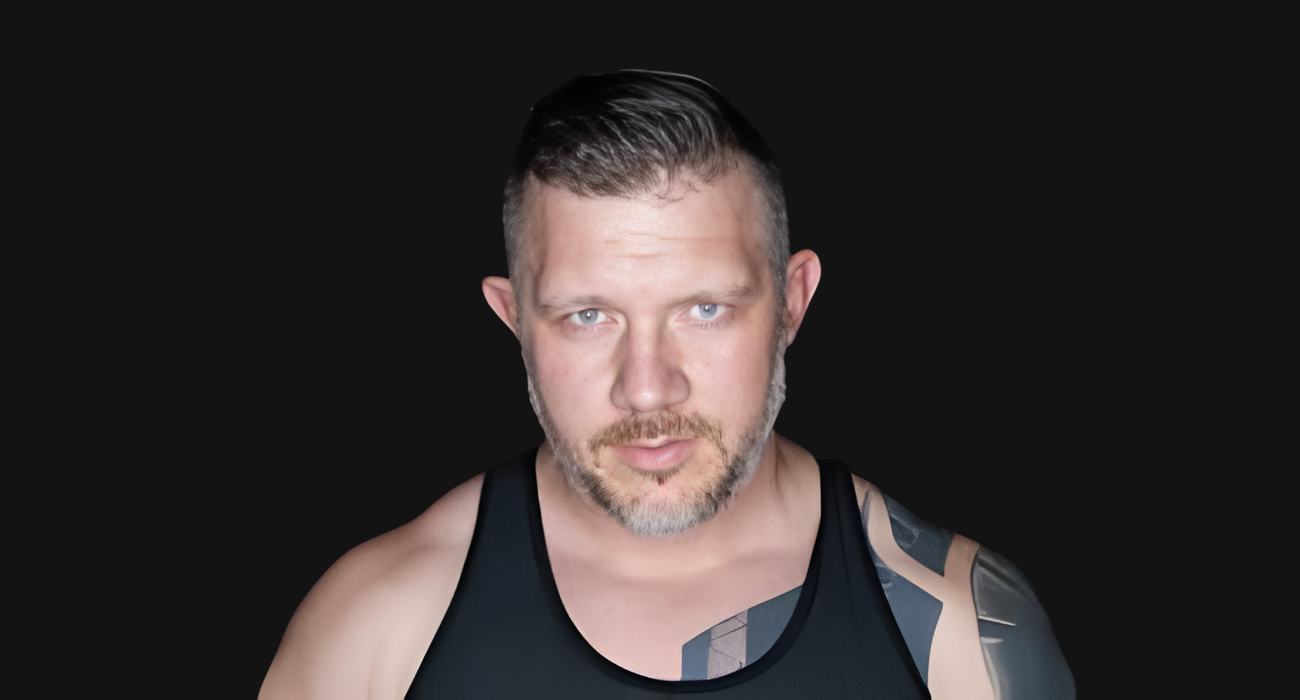For nearly two decades, Lauren Salaun did everything right—on paper.
She built a successful career in marketing and PR. She mastered achievement, structure, and forward momentum. And yet, beneath the polished resume and external wins, something felt off. Burnout crept in. Relationships felt strained. Fulfillment stayed just out of reach.
What ultimately changed Lauren’s life wasn’t another strategy, certification, or goal.
It was learning to listen.
Today, Lauren Salaun is a transformational coach, somatic healer, and host of the Amplify podcast. Her work centers on helping high-achieving women recalibrate their nervous systems, reconnect with their bodies, and shift from force-driven success to alignment-led living. On Unconventional Life with host Jules Schroeder, Lauren shares how slowing down became the fastest path forward.
From Overachievement to Alignment
Lauren’s early career was fueled by discipline and drive—qualities that served her well professionally but quietly disconnected her from her intuition.
Like many high performers, she followed the path she believed she should take rather than the one her inner voice was nudging her toward. Over time, ignoring that voice came at a cost.
Burnout wasn’t sudden. It was cumulative.
The turning point came when Lauren began tuning into what she calls soul nudges—a blend of intuition, faith, and embodied knowing. Instead of asking what made logical sense, she started asking what felt true.
The result wasn’t chaos or loss of control. It was clarity.
Alignment, she learned, isn’t passive. It’s deeply intentional—and it requires presence.
Healing the Patterns That Shape Love
Lauren’s work around relationships was born from personal experience. Following her divorce in 2020, she chose not to repeat old narratives or rush into the next chapter. Instead, she looked inward.
She examined the unconscious patterns that shaped her relationships—how her nervous system responded to intimacy, how achievement masked emotional needs, and how self-protection showed up as independence.
This inquiry became the foundation of her coaching practice, particularly for women navigating dating, partnership, and identity after major life transitions.
Rather than fixing external circumstances, Lauren helps women understand the internal dynamics driving their choices.
The Myth of “Not Enough Masculine Men”
One of the most striking moments in the conversation centers on a belief Lauren hears often from successful women:
“There just aren’t enough masculine men.”
Lauren doesn’t sugarcoat her response.
The issue, she explains, is rarely a lack of masculine energy in the world. It’s that many women are leading with hyper-masculine energy themselves—constant doing, controlling outcomes, and staying perpetually guarded.
This isn’t a flaw. It’s a survival strategy.
But when masculine drive dominates without balance, it blocks polarity, attraction, and emotional safety.
The solution isn’t becoming smaller or less capable. It’s learning how to soften without self-abandoning—and how to receive without guilt.
Feminine Energy Is Not Weakness
Lauren is clear: feminine energy has been deeply misunderstood.
It isn’t passivity. It isn’t submission. And it certainly isn’t incompetence.
At its core, feminine energy is receptive, intuitive, cyclical, and sensory. It thrives on presence rather than pressure.
When women reconnect with this energy, they often experience unexpected shifts—not only in relationships, but in money, creativity, and opportunities.
Life begins to respond instead of resist.
Regulating the Nervous System, One Small Moment at a Time
For women who already feel overwhelmed, Lauren emphasizes that healing doesn’t start with massive lifestyle changes.
It starts small.
One of her simplest practices: sitting outside for five minutes with eyes closed and tuning into the senses. No fixing. No analyzing. Just noticing.
These moments of regulation bring women back into their bodies—out of mental overdrive and into grounded awareness.
She also reframes emotional regulation not as suppression, but as discernment. Emotions become information, not instructions.
Neurodivergence as Magnetism
Lauren also speaks openly about neurodivergence, reframing it as a source of depth and power rather than limitation.
Neurodivergent individuals often bring heightened creativity, presence, and emotional intensity into relationships. The challenge isn’t capacity—it’s boundaries.
Not everyone deserves access to that energy.
With awareness comes the ability to design environments, relationships, and rhythms that support—not drain—these natural strengths.
Magnetism Begins with Boundaries
Throughout the episode, Lauren returns to a central truth: magnetism isn’t something you perform. It’s something you embody.
Women become magnetic when they stop abandoning themselves, honor their boundaries, and allow life to meet them halfway.
This shift changes everything—from how partners respond to how opportunities appear.
Faith, Presence, and an Unconventional Life
Behind the scenes, Lauren describes herself as playful and expressive. Her daily grounding practice is prayer—a relationship built on trust rather than control.
For her, living an unconventional life means choosing authenticity over expectation and alignment over appearance.
Success, she believes, should feel as good as it looks.
Giveaway: Communicating With Ease and Polarity
Lauren is offering listeners a powerful giveaway:
-
A texting and communication guide designed to activate masculine energy through feminine expression
-
A one-on-one coaching session
The guide focuses on subtle yet transformative shifts that change relational dynamics without manipulation or self-betrayal.
Enter the giveaway and listen to the full episode to learn how alignment—not effort—creates lasting attraction.
Connect with Lauren:
- Website: https://www.laurensalaun.com/
- LinkedIn: https://www.linkedin.com/in/
laurensalaun/ - Instagram: https://www.instagram.com/
laurensalaun/ - Podcast: Amplify




